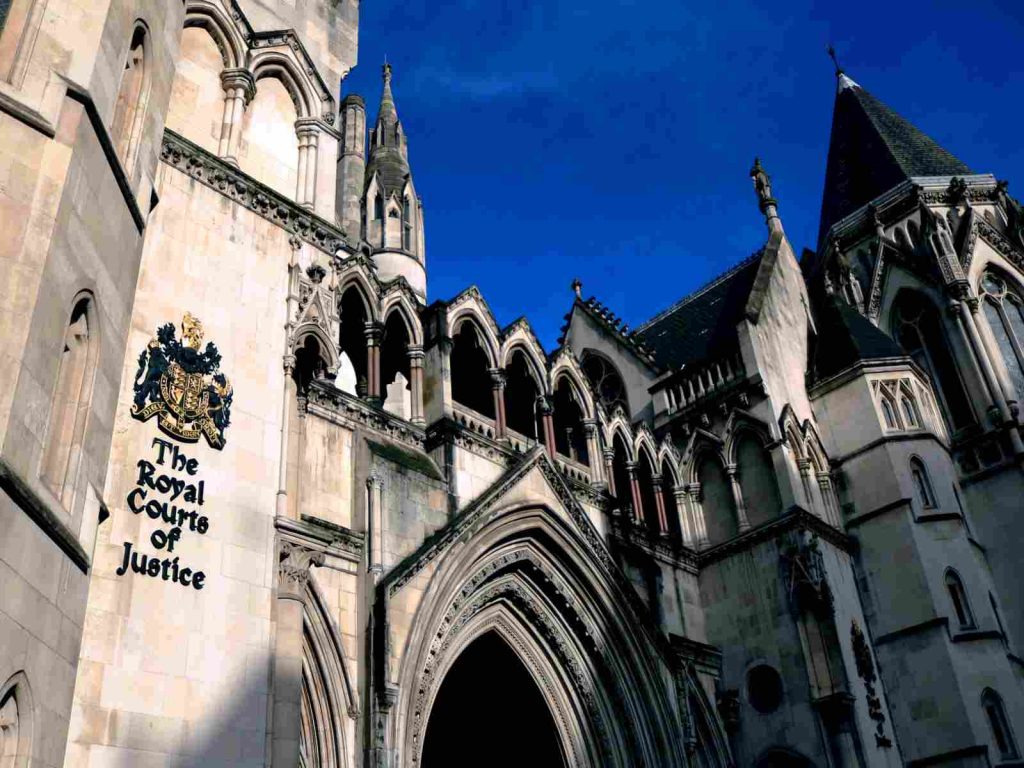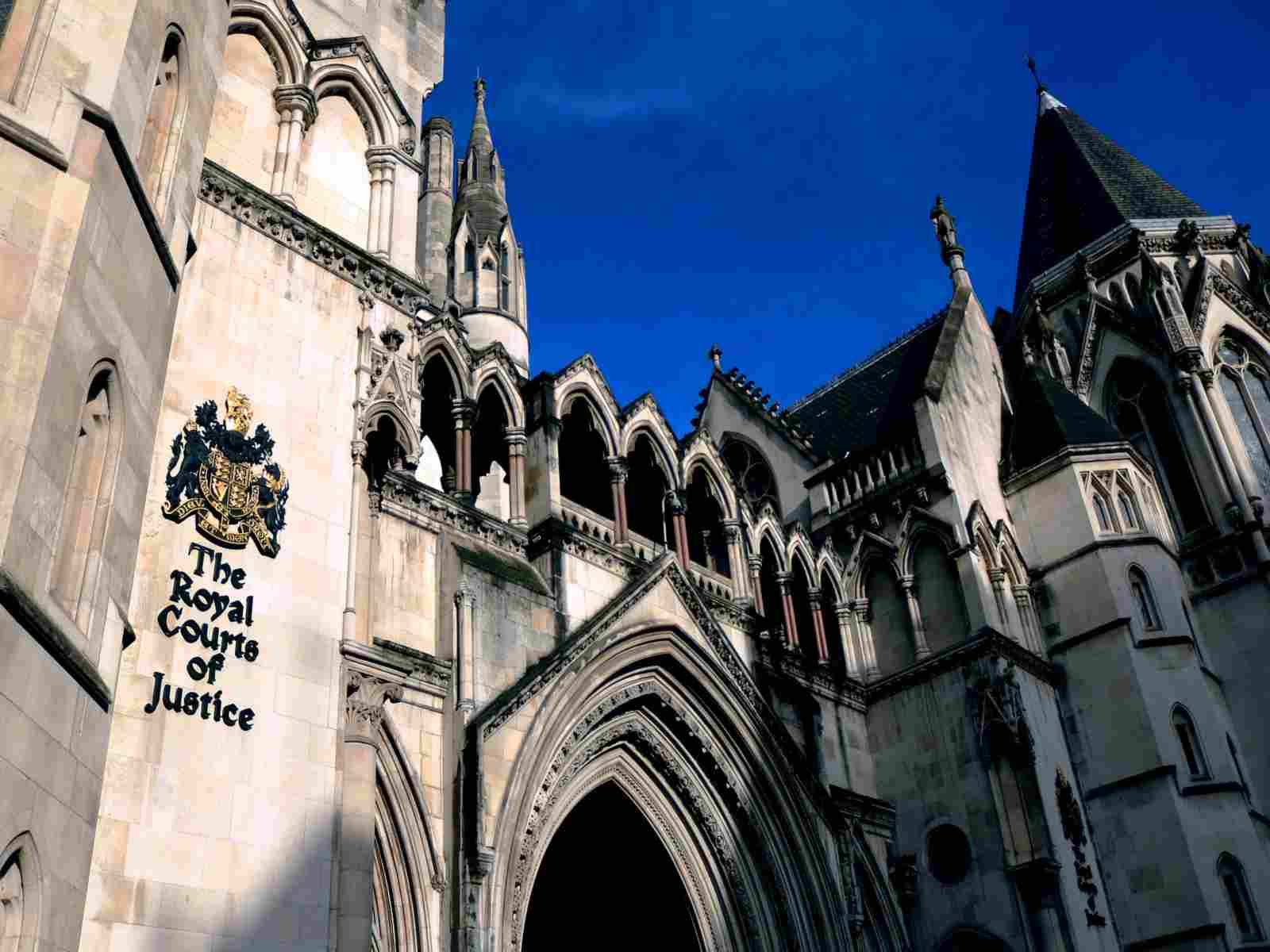Amendments to the controversial ‘imprisonment for public protection’ (IPP) sentence scheme have been welcomed by the UN Special Rapporteur on Torture. The partial reforms announced at the end of November reduced the length of time after which IPP prisoners can apply to have their licence terminated from ten years to just three years.
Under an IPP sentence, where a person is released from prison, they remain subject to an indefinite, conditional licence and any breach of the conditions could result in re-imprisonment for the rest of their lives. This change will therefore have a significant impact for an estimated 1,800 IPP prisoners who are serving their sentences in the community.
However, Dr Alice Jill Edwards, the UN’s special rapporteur on Torture, called for ‘bolder action’ to ‘end the enduring uncertainty’ for those that remain in prison. She explained that ‘a large cohort of prisoners still imprisoned under IPP sentences…remain subject to indefinite detention – many of them for relatively minor crimes – a situation wholly incompatible with the rule of law.’
Dr Edwards calls for their sentences to be ‘promptly reviewed as the next stage in closing this terrible chapter in the UK’s criminal justice system.’ She explained that IPP sentences ‘have led to extreme anguish and mental illness’ with eight IPP prisoners committing suicide in the last 12 months.
Responses from other stakeholders have also called for more to be done. Whilst the changes are welcomed by the Justice Select Committee, Sir Bob Neill emphasised the need for the Government to go further with ‘a resentencing exercise in relation to all IPP sentenced individuals.’
Moreover, Pia Sinha, Chief Executive of the Prison Reform Trust, expressed concern for the lack of mental health support and community integration for those released and said these measures do not go far enough ‘to end the recall merry -go-round’.
IPP sentences were introduced in 2005 and resulted in 8,711 people being sentenced under the scheme before it was abolished in 2012. Initially, it was intended that IPP sentences would only be used for the most serious offences. However, there are numerous examples of this being misapplied. For example, Martin Tawton served 10 years in prison for the robbery of a mobile phone after initially having a minimum sentence of three and a half years.
Despite the scheme being scrapped in 2012, there were still 2921 people serving an IPP sentence in June 2023, with 43% yet to be released from prison. IPP sentences have long caused controversy and been described as ‘the greatest single stain on our criminal justice system’ by former Supreme Court Justice Lord Brown in 2020.








